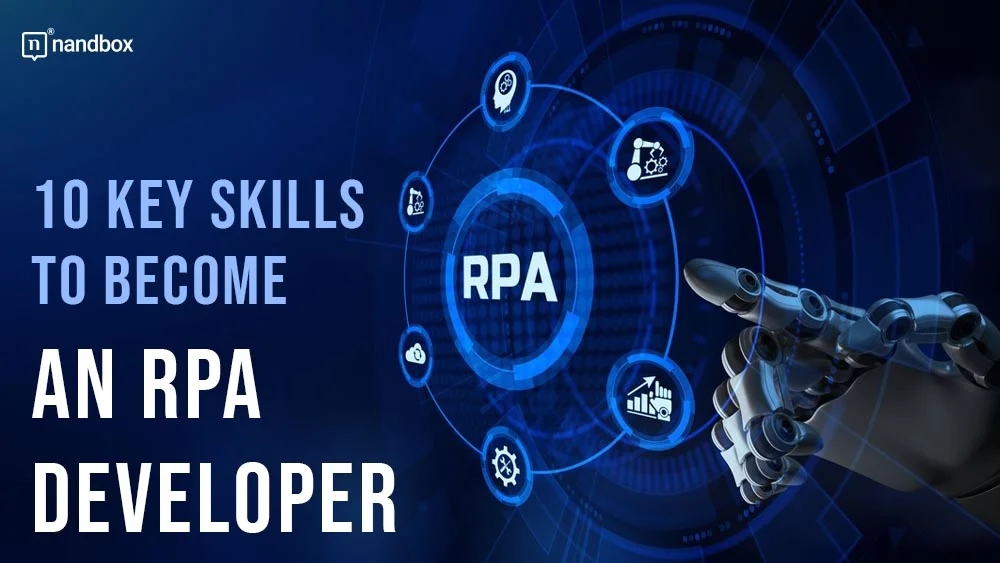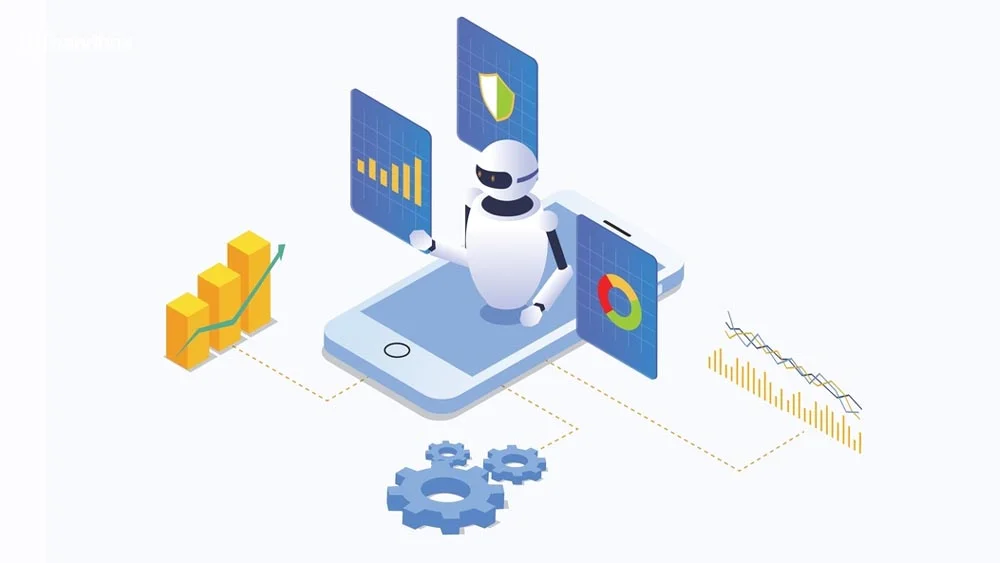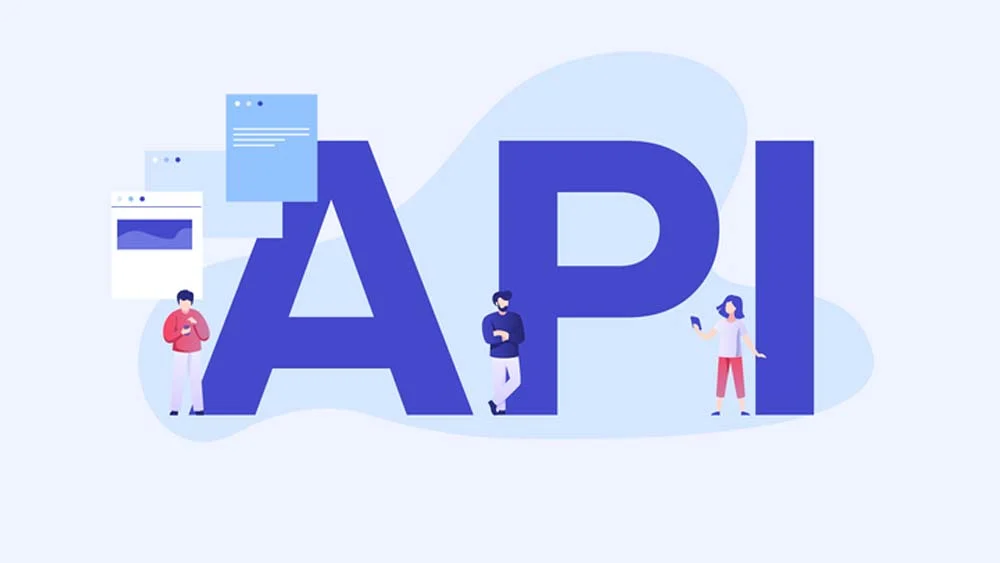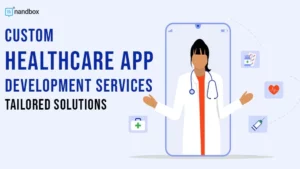The driving force of today’s enterprise-level companies is Robotic Process Automation technology. This technology is becoming essential in various factories, manufacturing units, and other plants as it exonerates employees from boring, tedious, and repetitive tasks. The increase in job satisfaction among employees leads to high job satisfaction and an engaged workforce. Robotic Process Automation (RPA) is increasingly becoming popular as it also eliminates the chances of human-prone errors. This technology will increase the demand for RPA jobs. For these jobs, RPA development services would be the most sought-after skill. To become a proficient RPA developer, there are various skills that need to be groomed.
If you want to provide RPA development services, then this article is for you. In this article, we will discuss various aspects of RPA development and what the necessary skills are to become an RPA developer. Let’s begin with the basics.
What is an RPA Developer?
An RPA developer works cross-functionally with business operations and business analysts to create and optimize workflow processes. An RPA developer designs, develops, and integrates software robots along with human employees to achieve better business efficiency. The RPA developer is also responsible for managing the developed bots. To become a reliable RPA developer, one should have expertise in documentation and planning. RPA developers should also know how to create workflow diagrams and strategic documents of the process prior to implementation. In short, an RPA developer will create, design, develop, and implement RPA systems. They will create process documentation, guide with process design, and ensure the quality of automation.
Two major qualities of an RPA developer are:
- Mathematical Logic: The RPA developers should have strong proficiency in mathematical logic. These logics are applied by bots to make decisions.
- Experience in development/technical configuration: It provides a solid foundation for an RPA development career. As there is work on various projects, an RPA developer will undoubtedly expand their skill set.
Industry Applications of RPA
After understanding the basics of RPA, it is important to understand in which industries this technology is being used. RPA has transformed various industries that majorly include finance, healthcare, manufacturing, and retail. Let’s understand the role of RPA in each of these in brief:
- Finance
In the finance industry, finance experts and veterans are leveraging RPA to automate various manual tasks. These manual tasks include data entry, transaction processing, and compliance reporting. The automation of these tasks will not just improve accuracy but also reduce the time required.
- Healthcare
In healthcare institutions, an RPA can bring automation in streamlining administrative processes to a great extent. RPA increases efficiency and frees healthcare workers to concentrate more on patient care by maintaining patient data and processing billing and claims.
- Manufacturing
In the manufacturing sector, RPA has given the maximum contribution. It is utilized for tasks like inventory management, order processing, and supply chain coordination. All these automations will lead to better production workflows and timely deliveries.
- Retail
RPA is used by retailers to automate processes like order processing, inventory management, and customer support. Businesses may effectively manage their operations and offer a flawless shopping experience by automating these procedures.
10 Key Skills to Become a Proficient RPA Developer
The key skills that are required to become a proficient RPA Developer are:
1. Coding Skills
An RPA developer should have a certain level of proficiency in programming languages and programming frameworks to work with automation bots. These are the coding skills that are essential for an RPA developer:
- Python
- .NET/ASP.NET
- C/C#
- Visual Basic
- JavaScript
2. Analytical Skills
In RPA development, the aim is to integrate bots into internal processes. That’s why a business analysis background is often preferred. This skill will help in understanding the workflows of an existing business and identifying opportunities for automation.
3. Strong Communication Skills
An RPA developer will be required to coordinate between different entities like development teams, end users, and other stakeholders. Thus, soft skills are necessary skills for seamless communication. And, because an RPA developer is both a business analyst and a software developer, their job requires a significant amount of communication and elaboration.
4. Problem-Solving Mindset
A problem-solving mindset may seem like a filling word in most resumes, but with an RPA developer, it actually matters. The core responsibility of an RPA developer is to resolve business problems, optimize budget, and resolve productivity concerns. Thus, the candidate should have skills in resolving business-oriented problems coupled with RPA.
5. Strong Understanding of UX Principles
A strong understanding of user experience is vital for any development role, and RPA is no exception. The major user group of RPA is business; therefore, interface and bot training should be as intuitive as possible. The workflow should be seamless.
6. Mining Process Proficiency
As a key aspect of RPA activity, a comprehensive understanding of process mining is important for most RPA-related roles.
7. AI & ML Expertise
RPA technology’s core function is to automate manual processes. Over the years, this technology has evolved into a new branch whose epithet is Cognitive Automation. This technology is a combination of Machine Learning, Artificial Intelligence, and RPA that enhances the capabilities of traditional bots.
8. Expertise in RPA Tools
There are many trusted RPA service providers who have created standard RPA solutions. Many companies use these standard solutions. Thus, hiring the right RPA developer will narrow down the work in the implementation and maintenance of technologies. Yet, expertise with these solutions is required to face any underlying issue.
9. Data Analytics Mastery
There should be no qualms over the fact that a proficient RPA Developer should have good experience and expertise in data analytics. It plays an important role in automation deployments that consist of machine learning and artificial intelligence. Because RPA bots transform complicated and unstructured data into organized and automated tasks, knowledge of data analytics is essential for understanding various types of variables, arrays, and dictionaries. Simply said, an RPA developer must be able to execute operations on data sets and comprehend the scope of variables. Without expertise in data analytics, no one can provide RPA development services.
10. API Integrations
For API integrations, there is no need for in-depth knowledge of API development. However, an RPA developer should have sound knowledge of XML and XSD. The skills with REST API and SoapUI would be an additional advantage. The RPA bot’s integration often takes place on the user interface layer of the system; occasionally, sending API calls becomes necessary. Even if it doesn’t happen often, when it does, API integrations can make all the difference in a project. Additionally, when recruiting an RPA developer, this non-RPA-specific expertise is frequently rewarded.
Conclusion
In this article, we have gone through various skills that a proficient RPA Developer must possess. RPA is on the rise in various industries as it solves maximum problems by bringing automation into manual tasks. This automation doesn’t just eliminate human-prone errors but also increases the efficiency of processes. At A3Logics, the best AI development company in USA, we can provide you with the best services related to RPA. You can hire RPA developers for whatever services you require. Our RPA development team has expertise in various industries and projects of different sizes. Let us know your requirements.
nandbox App Builder
For companies looking to incorporate automation technologies like Robotic Process Automation (RPA) into their mobile applications, the nandbox App Builder provides a powerful no-code platform. Users without technical knowledge may construct feature-rich apps with nandbox, which improves efficiency and streamlines procedures. Businesses can automate tedious activities, streamline workflows, and enhance user experiences thanks to its modular design, which facilitates smooth connection with RPA technologies. Organizations may swiftly implement apps that meet the increasing need for automation by utilizing the nandbox App Builder, giving developers and companies the ability to maintain their lead in the digital transformation market.







